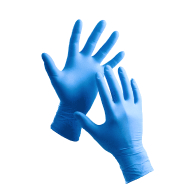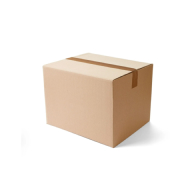Nitrile Gloves
4.9 / 5
Product description
Abena Classic powder-free disposable nitrile glove in a pack of 150.
Abena Classic nitrile gloves are high quality protective gloves that are widely used in Finland and Europe. Nitrile gloves are durable and at the same time thin, making them suitable for precision work. Suitable for use in healthcare, food processing and other personal protection.
About Disposable Nitrile Gloves
Disposable Nitrile Gloves provide latex-free hand protection with superior chemical and puncture resistance. These single-use gloves offer excellent tactile sensitivity and a secure fit, making them ideal for healthcare, food service, cleaning, and industrial applications where hygiene and safety are essential.
- Food Service
- Chemical Resistance
- Medical Protection
- Antimicrobial Protection
- Hand Protection
Standards and labels
Abena delivery terms
Free delivery when you order more than 150,00 € from Abena
Supplier shipping fee 4,74 €
Brand minimum 0,00 €
66,01 €
Price per 10 packages (1 500 pcs)
4,40 € / 100 pcs
Shipping fee is 4,74 € for orders under 150,00 €
A carton contains 10 packages (1 500 pieces)



